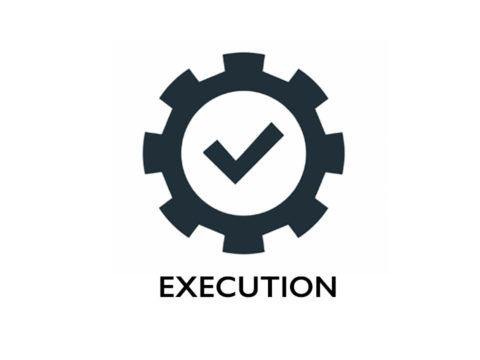Taking Ownership Instead of Taking Offense

Competition, Cooperation, and Dell’s Cloud Strategy
September 25, 2013
Successful Exits
July 2, 2014
By Tom Fedro
Let’s face reality. When we’re in the midst of translating a vision into reality, we have a great deal riding on it. Naturally, we’re consumed with the thoughts not only of what we’re doing but of what we believe will come from it. Entrepreneurial dreams are deeply personal and wholly engage the psyche in ways that can sometimes make us useless for just about anything else. I’ve been there. Okay, I’m still there and probably won’t ever leave that place. I care very deeply for the ideas behind my enterprise and try desperately to make it what I want it to be.
So with whom do I share such a dream? Obviously, I need to share it with someone I trust, right? Sure I do. We believe so strongly in trust and loyalty, especially when our culture makes regular entertainment out of the suggestion that someone is going to betray someone in an entrepreneurial setting. So it’s natural that a young entrepreneur would surround herself with friends as her business partners, right? A young man just beginning the great new product of the century doesn’t want to trust it to anyone not dear to him, right?
Here’s my problem. Not all of my friends are business oriented. Not all of my friends care in the slightest about technology. More importantly, while I have friends I would trust with my life, that fact has absolutely nothing to do with their dependability. In fact, a number of my friends treat their jobs as secondary. They don’t share my passion for creating and developing businesses. In short, while I could trust them not to betray me I couldn’t trust them to get anything done to move the business forward.
One of the interpersonal problems this creates for an entrepreneur is separately loyalty from dependability. Farhad Meher-Homji, the founder of Brightlabs, made a very good point when he said, “Just because you trust someone doesn’t mean you can depend on them as well. Trust and delivery can be two different things.” That’s a piece of wisdom I wish I knew when I was twenty years old. The key to success isn’t just finding loyalty but also finding a team that’s capable and then taking ownership of those capabilities.
I’ve found myself falling into the trap of believing someone’s loyalty to me equated to a skillset or even into workplace dependability. Trust on a personal level replaced good management. I never took ownership of their workplace efficiency and felt betrayed when they failed to deliver. My business and my friendships would have suffered less if I’d taken ownership rather than offense.




